A new law just passed in Canada called Bill C-18, or more commonly, the Online News Act.
This bill, passed by Canadian Prime Minister Justin Trudeau, states that mega-companies like Meta and Google will need to pay local and national news sources before being able to post their content.
What Exactly Does Canada’s Online News Act Mean?
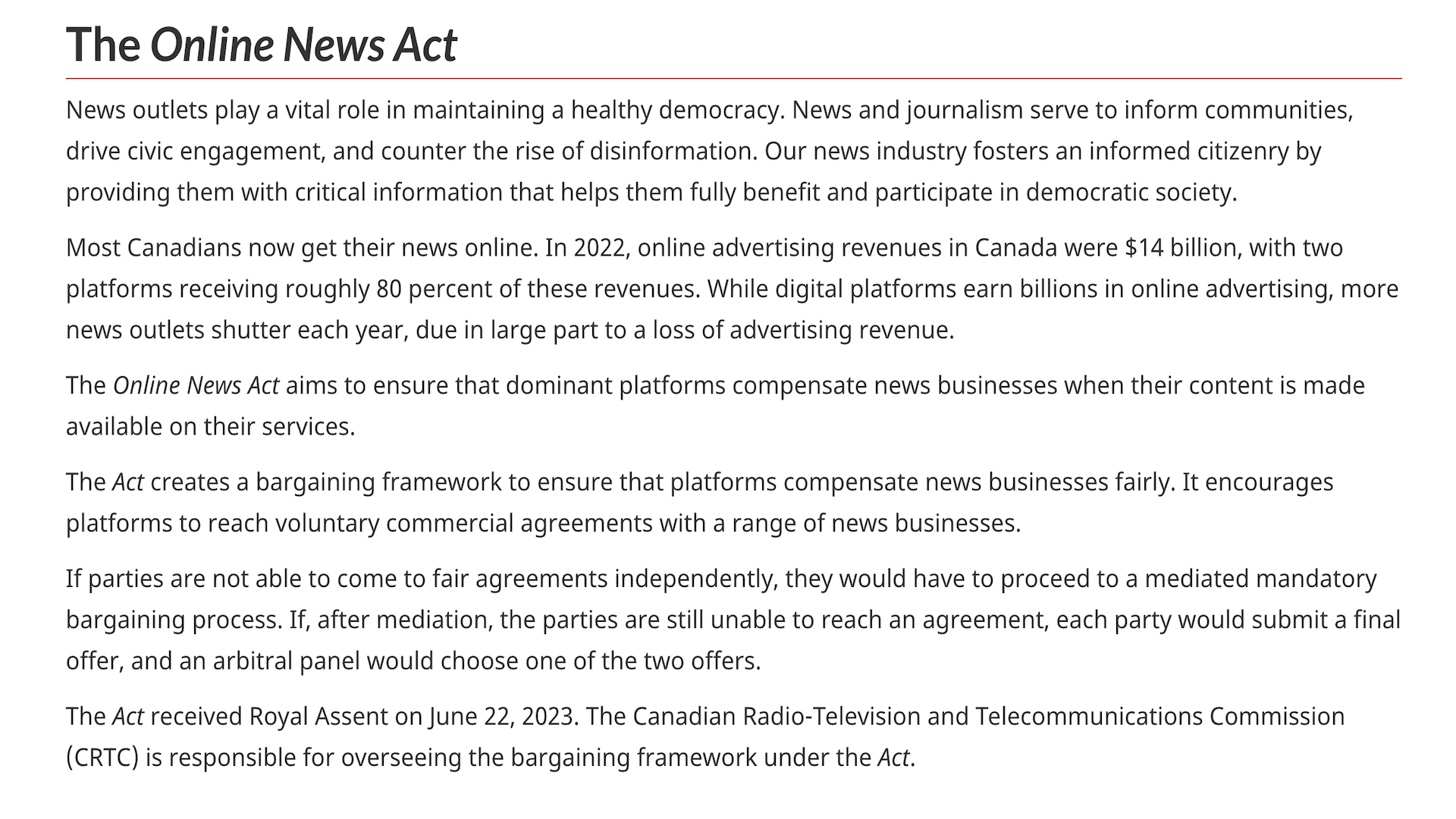
The Online News Act has sparked a massive debate in Canada and around the world as to whether or not this is the right step forward. But before diving into the debate, it’s crucial to understand the ins and outs of the bill.
First and foremost, the Online News Act is meant to ensure that news sources, whether print, online, or on-air, are paid for by tech companies who use the original content on their site for their members.
The Specifics of Bill C-18

But there are several specifications to note. First, the law only applies to companies that make more than C$1 billion in annual global revenue. Next, the company must have more than 20 million Canadian subscribers.
The only companies that fulfill both of those requirements are Google and Meta. Therefore, they must negotiate and reach an agreement, either with individual outlets or in one overall agreement, for payment in order to use news from Canadian sources.
Why Was the Online News Act Passed?

And the main reason why this bill was written and passed in Canada is because many news sources have lost an incredible amount of profits since social media platforms Facebook and Instagram, under Meta’s umbrella, started sharing more and more news.
Essentially, the journalism industry in Canada is struggling to stay afloat, and the government believes that the best and fairest way to ensure it doesn’t collapse is to force sites such as Meta and Google to pay for the information the new sources cultivate.
Google Agreed to Pay
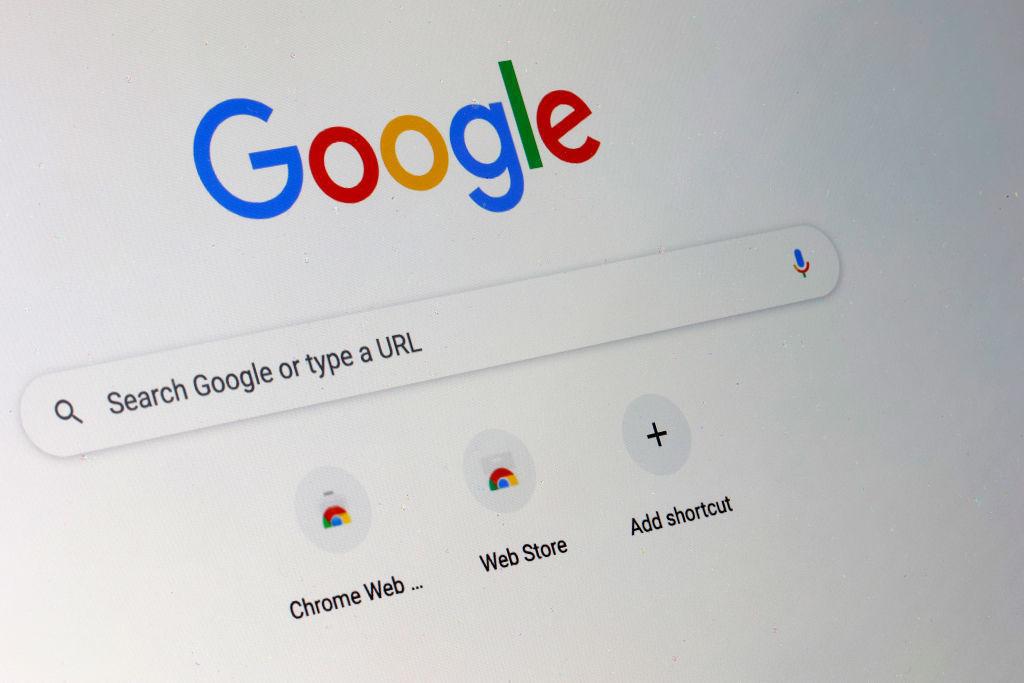
After the bill passed, Google decided to enter into negotiations with the Canadian government to finalize an overall deal and continue sharing Canadian news on its platform.
Now, Google will pay Canada’s news outlets C$100 million every year in order to use their information, links to their websites, news alerts, etc.
Meta Didn’t Take the Same Route
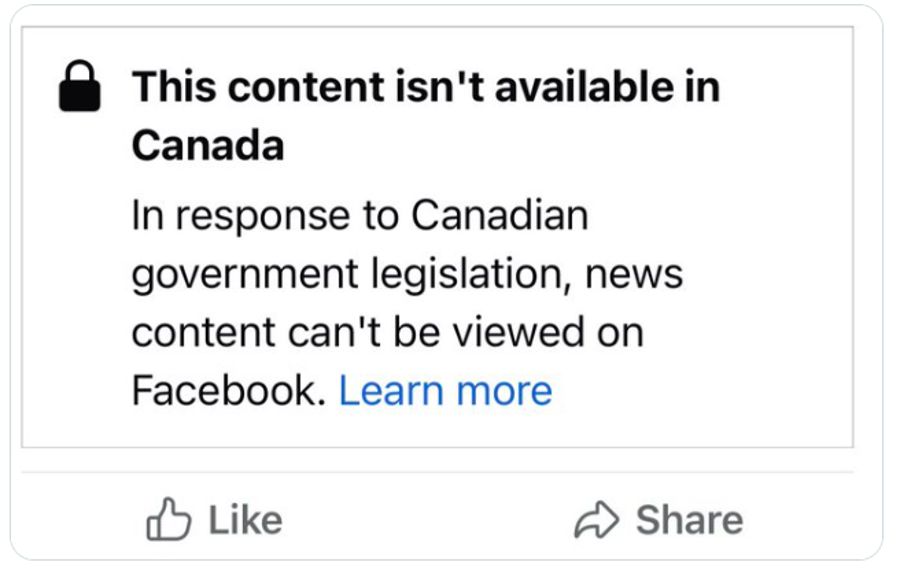
While Google clearly was willing to pay in order to settle this matter and continue as they were, Meta took a different approach. Instead of entering negotiations, Meta took all Canadian news sources off of its platforms.
Now, when Canadians attempt to open news outlet pages on Instagram or Facebook, such as CNN, CBC, MSN Canada, or any other, they receive a message stating that the information they’re looking for isn’t available in Canada.
Many Agree That the Law Is Unhelpful and Unfair

Meta explained that the law doesn’t take into consideration the benefits news sources receive from having a profile or link on its platforms.
And many Canadians and global citizens agree. Just last month, dangerous wildfires were spread through Canada, and many residents complained that without the news on social media, they couldn’t find the information they needed to regarding the fires or where to evacuate.
Is the Online News Act Good for Canadian News Sources?
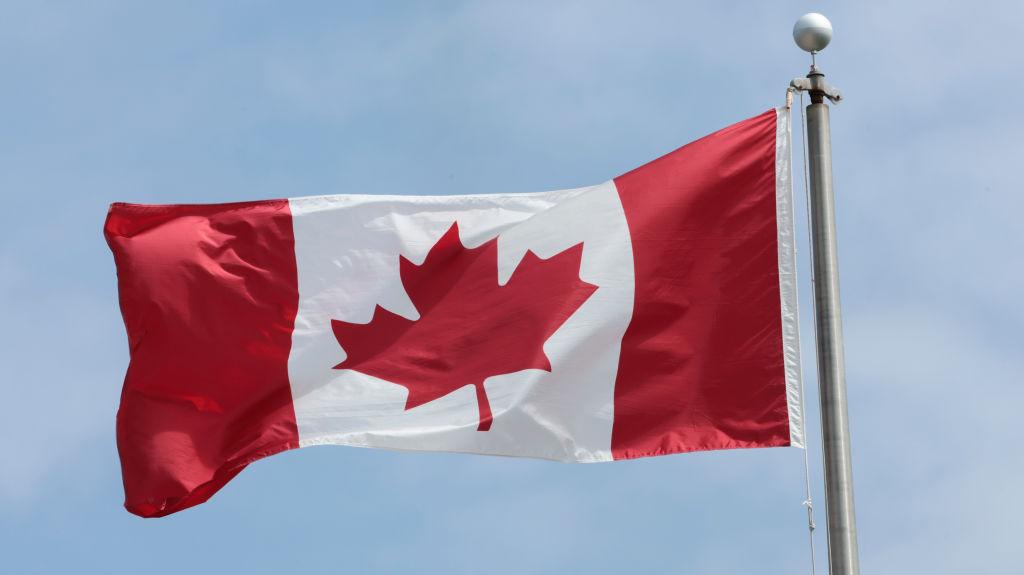
Others are saying that this plan doesn’t even benefit the actual news sources as the government says it does.
Each of the outlets will see a very small amount of money from Google, and many of them already had contacts with Google and Meta that are now null and void.
Canada Isn’t the First Country to Pass Such a Law

Australia passed a bill very similar to the Online News Act in 2021, and Meta responded in the same way by removing all news sources from its platforms.
But Australia decided to amend the bill, and Meta immediately made a deal that worked for both themselves and the Australian media companies to return national news to its sites.
The UK and the US Are Already Thinking of Drafting Something Similar

Governments of the United Kingdom and the United States are apparently considering writing and passing their own bills with the same intent.
While they haven’t been drafted yet, if they do, it will likely change the way Americans and British citizens receive their news, just as it did for Canadians.
California’s Journal Preservation Act Is Already in the Works
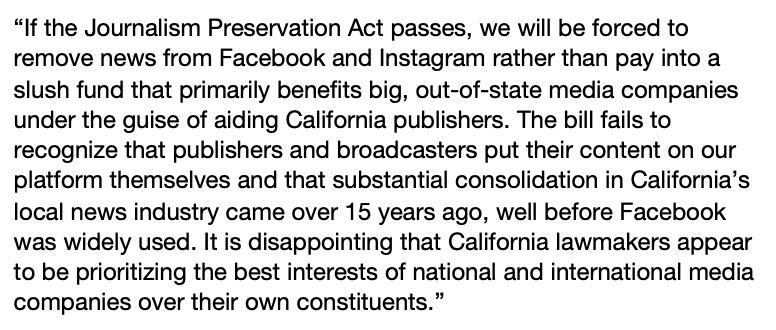
Although the United States federal government doesn’t have an online news law quite yet, California has been working on theirs.
It’s called the Journalism Preservation Act, and if it passes, Meta and Google will again be forced to pay California-based news outlets if they want to use their journalistic work.
Prime Minister Trudeau’s Place in All This

Canada’s Prime Minister Justin Trudeau is firmly behind this bill, and he believes that it’s exactly what the country needs to save its journalism industry. However, that has yet to be seen.
And while many support the bill and the Prime Minister, many who doubt him and his choices say that the act is another mistake in his career.
